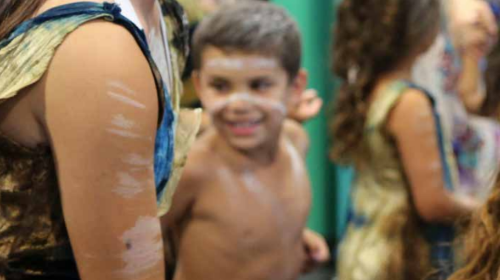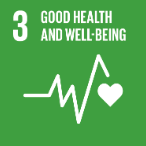Preventing falls in older Aboriginal and Torres Strait Islander people: the Ironbark trial
National Health and Medical Research Council
Duration: March 2018 – February 2022
Background
Australia’s Aboriginal and Torres Strait Islander population is ageing: in 1991, Aboriginal people aged 55 years and over accounted for only 6% of Australia’s total Aboriginal population and this proportion is predicted to double to 12% by 2021, with resulting increases in ageing conditions such as falls. This large scale trial in NSW, SA and WA will test the effectiveness of a community based program in reducing falls and improving function in older Aboriginal people.
The project was named after the Ironbark tree because it is native to Australia, evokes images of old, strong, trees standing tall and that is what we want to see our old people doing. Standing tall and strong as they age. The Ironbark Study is comparing two different programs aimed at improving health and wellbeing of older Aboriginal people. Both involve an ongoing program delivered weekly by a local person, in a community setting. The Ironbark: Standing Strong program is a weekly exercise and discussion program, and the Ironbark: Healthy Community program is a weekly program that involves discussions and social activities.
The study plans to recruit 60 Aboriginal community or health services in NSW, Western Australia and South Australia into the Ironbark Trial. Services participating in the study are randomly assigned to either receiving the Ironbark: Standing Strong program or the Ironbark: Healthy Community program. Both programs aim to improve the health and wellbeing of older Aboriginal people. At the end of the trial, sites that delivered the Ironbark: Healthy Community program will have the opportunity to deliver the Ironbark: Standing Strong program for a further 6 months, including all resources and equipment needed.
The study is being conducted by researchers from The George Institute for Global Health, the University of NSW, the University of Sydney, Flinders University, the University of Wollongong and Curtin University.
What we did
Ngarruwan Ngadju researchers participate in the Ironbark study on the chief investigator team, the Aboriginal governance committee and in the engagement and recruitment of sites in south-eastern NSW. From late 2019 members of the team commenced discussions with Aboriginal organisations in the region to inform them of the study, its benefits for community, and to ascertain their interest and capacity to be involved as study sites for the trial. This work is ongoing and a number of sites are expected to commence the program in mid-2020.




